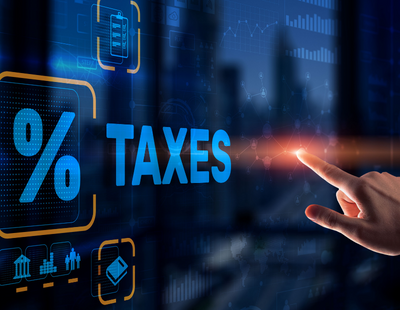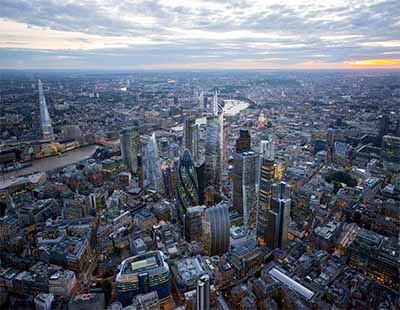
Government measures to rein in property prices and curb speculation in Hong Kong, including a 15% stamp duty for foreign buyers, is unlikely to be changed to help alleviate a sharp decline in property prices.
In recent years, wealthy foreign investors have invested in Hong Kong’s ultra-luxury housing market as part of a diversified asset-safeguard strategy, helping to cement the city’s place as the world’s most expensive housing market at an average of €109,800sqm (£85,801sqm), according to Savills World Research.
Hong Kong had the second highest number of luxury listings globally after London last year, as well as the world’s most expensive residential sale in 2015 – a house on the Peak which sold for around £135m.
But while Hong Kong's residential property prices remain stubbornly high, prices are falling on the back of a significant drop in the number of homes changing hands.
According to government data, home prices have dropped by 10.78% from their September 2015 peak. But the general price index for private homes rose 0.7% month-on-month to 273.1 in April. This was the first uptick after a six-month decline.
The recent market slowdown has led Goldman Sachs to forecast that Hong Kong residential property could fall 20% by 2018 as ongoing stock market volatility and the interest rate rise in the US continue to dampen investment sentiment.
The latest briefing report from Savills World Research suggests that prime residential prices in Hong Kong are on course to fall by 15% this year alone.
But Hong Kong’s property tycoon Henry Cheng forecasts that the government could act to relieve restrictions on foreign investors if property prices fall by more than 10%.
“I think prices will fall at most 10% this year,” the business tycoon said.
But if the property market does not see a bottom after a 10% decline, the billionaire expects the government to intervene.
He urged the government to curb the cooling measures earlier this year, according to media reports, but accepted that the state “will not make frequent changes in policies”.
So now he is suggesting that the government should adjust house supply as a way to stabilise prices, which he considered “the most healthy and natural approach”.






.jpg)


.png)

.jpg)








Join the conversation
Be the first to comment (please use the comment box below)
Please login to comment